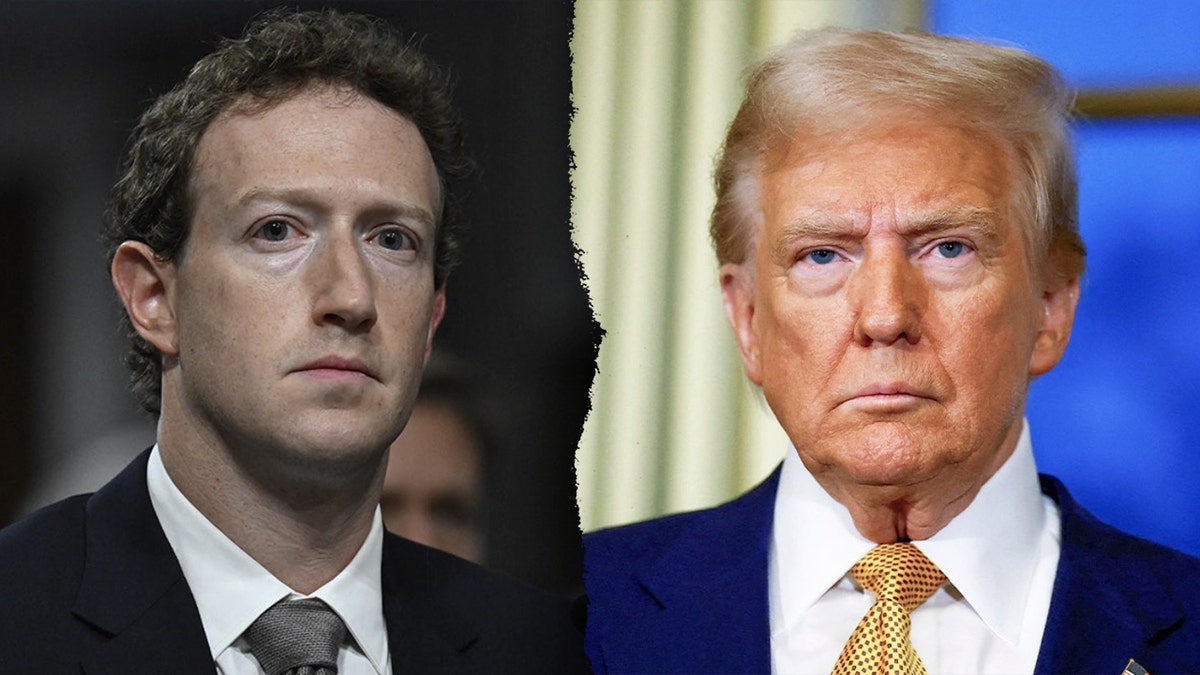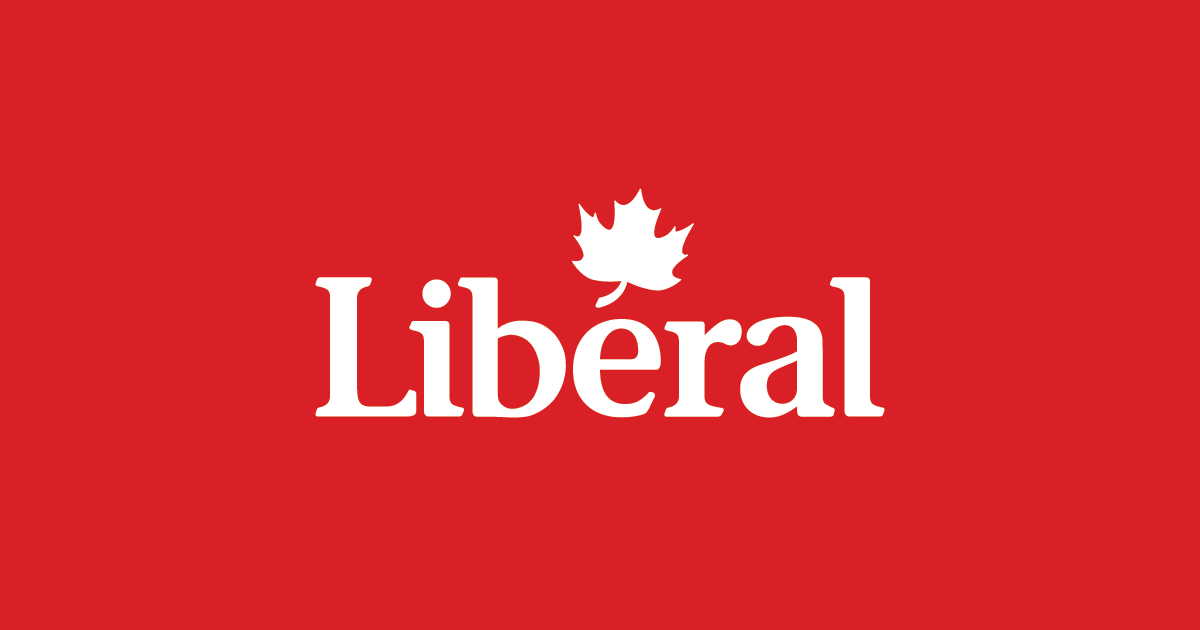Zuckerberg And Trump: The Impact Of The New Presidency On Meta

Table of Contents
Regulatory Changes and Increased Scrutiny
The new presidency has ushered in an era of heightened scrutiny for Meta, focusing on both antitrust concerns and content moderation policies. This increased regulatory pressure significantly impacts Meta's operations and future strategies.
Antitrust Concerns
Meta's market dominance has long been a subject of antitrust investigations. The new administration may intensify this scrutiny, leading to several potential consequences:
- Potential for break-up of Meta: Dissolution of Meta into smaller, independent companies could drastically alter the social media landscape.
- Increased fines: Significant financial penalties for anti-competitive practices could severely impact Meta's profitability.
- Limitations on acquisitions: Restrictions on future acquisitions could hinder Meta's growth and expansion into new markets.
For example, ongoing investigations into Meta's acquisition of Instagram and WhatsApp could result in forced divestitures, significantly altering the company's structure and market position. The potential ramifications extend beyond financial penalties, impacting innovation and competitive dynamics within the tech industry.
Content Moderation Policies and Political Bias
The new administration's stance on content moderation and accusations of political bias against conservatives are placing immense pressure on Meta. This pressure translates into potential legislative changes:
- Changes in Section 230: Amendments to Section 230 of the Communications Decency Act could significantly alter Meta's legal protections regarding user-generated content.
- Potential for stricter regulation on hate speech and misinformation: Increased regulatory oversight could necessitate significant changes to Meta's content moderation algorithms and enforcement mechanisms.
The debate surrounding content moderation is highly polarized, with accusations of censorship from one side and concerns about the spread of misinformation from the other. Navigating this complex landscape requires a delicate balance between freedom of speech and the need to protect users from harmful content.
Impact on Advertising Revenue and Business Model
The changing regulatory environment and evolving user behavior will undoubtedly impact Meta's advertising revenue and overall business model.
Political Advertising Restrictions
New regulations regarding political advertising on Meta's platforms are likely to affect its bottom line:
- Increased transparency requirements: More stringent disclosure rules for political ads could increase compliance costs and potentially deter advertisers.
- Limitations on targeting: Restrictions on micro-targeting could reduce the effectiveness of political advertising campaigns and limit revenue.
- Potential revenue loss: The cumulative effect of these changes could lead to a significant reduction in Meta's political advertising revenue.
The financial implications are substantial, forcing Meta to explore alternative revenue streams and potentially adapt its advertising algorithms.
User Behavior and Engagement
The new political climate may influence user behavior and engagement on Meta's platforms:
- Changes in user demographics: Political polarization could lead to the creation of echo chambers and decreased cross-ideological communication.
- Shifts in content consumption: Users might adjust their news consumption habits, impacting the reach and engagement of various types of content.
- Impact on advertising effectiveness: Changes in user behavior and engagement could influence the effectiveness of targeted advertising campaigns.
Understanding these potential shifts in user behavior is crucial for Meta to adapt its strategies and maintain user engagement.
Public Perception and Brand Reputation
The new presidency's actions and policies significantly impact Meta's public perception and brand reputation.
Public Opinion and Media Coverage
The political climate directly influences how the public views Meta:
- Increased media criticism: Negative media coverage fueled by political narratives can damage Meta's brand image and trust.
- Impact on brand trust and user loyalty: Erosion of trust can lead to decreased user engagement and potential boycotts.
- Potential for boycotts: Public disapproval could translate into organized boycotts, impacting Meta's user base and advertising revenue.
Managing public perception in this politically charged environment requires proactive communication and a commitment to transparency.
Zuckerberg's Public Image
Mark Zuckerberg's leadership and public image are also affected by the new political landscape:
- Increased scrutiny of Zuckerberg's testimony: Increased congressional scrutiny and public questioning of Meta's practices can damage Zuckerberg's credibility.
- Changes in communication strategies: Meta may need to adapt its communication strategies to address public concerns and manage its reputation effectively.
Conclusion:
The relationship between Zuckerberg and Trump, and the broader impact of the new presidency on Meta, is complex and multifaceted. From increased regulatory scrutiny to potential shifts in advertising revenue and public perception, the future of Meta under this new administration remains uncertain. Navigating these challenges requires strategic adaptation and proactive engagement. Understanding the interplay between political forces and technological innovation is crucial for predicting the long-term impact of this new presidency on Meta and its future. To stay informed on the latest developments and their effects on this dynamic relationship between Zuckerberg, Trump, and the future of Meta, continue to follow relevant news and analysis concerning Zuckerberg and Trump, Meta, Social Media Regulation, and the New Presidency.

Featured Posts
-
 Blue Origin Rocket Launch Abruptly Halted Subsystem Malfunction
Apr 24, 2025
Blue Origin Rocket Launch Abruptly Halted Subsystem Malfunction
Apr 24, 2025 -
 Trumps Transgender Sports Ban Faces Legal Challenge From Minnesota Ag
Apr 24, 2025
Trumps Transgender Sports Ban Faces Legal Challenge From Minnesota Ag
Apr 24, 2025 -
 Ray Epps Sues Fox News For Defamation Over January 6th Claims
Apr 24, 2025
Ray Epps Sues Fox News For Defamation Over January 6th Claims
Apr 24, 2025 -
 Liberal Party Platform Key Policies And Their Impact
Apr 24, 2025
Liberal Party Platform Key Policies And Their Impact
Apr 24, 2025 -
 Russias Natural Gas Eu Weighs Spot Market Action
Apr 24, 2025
Russias Natural Gas Eu Weighs Spot Market Action
Apr 24, 2025
